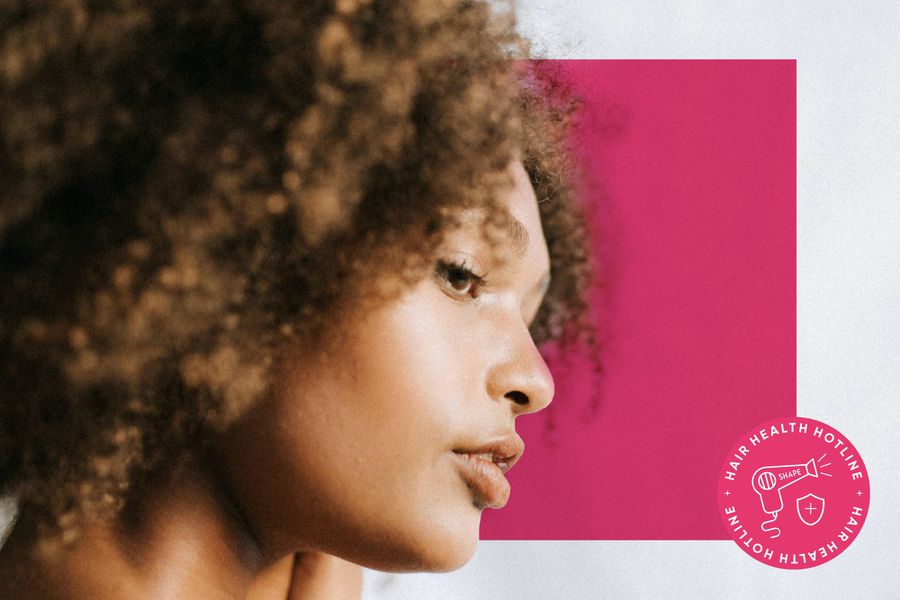
Hair Health Hotline is your direct access to dermatologists, trichologists, hairstylists, and other beauty pros. Each story in this series tackles a common hair or scalp concern and offers science-backed solutions to care for your strands.
With iron, though, you don’t want to take matters into your own hands, says Dr. Boham. It’s crucial to have your iron levels checked through bloodwork to find out where you stand since excess iron can cause organ damage.
Biotin is generally considered safe to take since consuming high amounts of biotin isn’t known to be toxic. If you decide to try taking it as a hair growth supplement, you should be aware that it can impact other bloodwork results. “When you’re taking high-dose biotin — 3,000 or 8,000 micrograms a day — that will impact some of your lab values, especially your thyroid levels,” says Dr. Boham. “So, if you are taking biotin and you’re having your thyroid checked because of hair loss, for example, you need to stop taking it five days before you have the bloodwork done” in order to have a “clean slate” for testing.
Selecting a hair growth supplement with a mix or combination of ingredients may not be as helpful as a more targeted approach, according to Dr. Boham, so you may want to choose against a daily multi-vitamin if hair regrowth or health is your specific goal.
When it comes to hair growth (and just overall health), iron, protein, and biotin are your friends. If you're failing to get enough of one of them through your diet, supplements may play a key role in your hair regrowth plan.
Have a hair health question you want answered? Send your Q to hairhotline@shape.com for a chance to have it featured in a future installment of Hair Health Hotline.



































